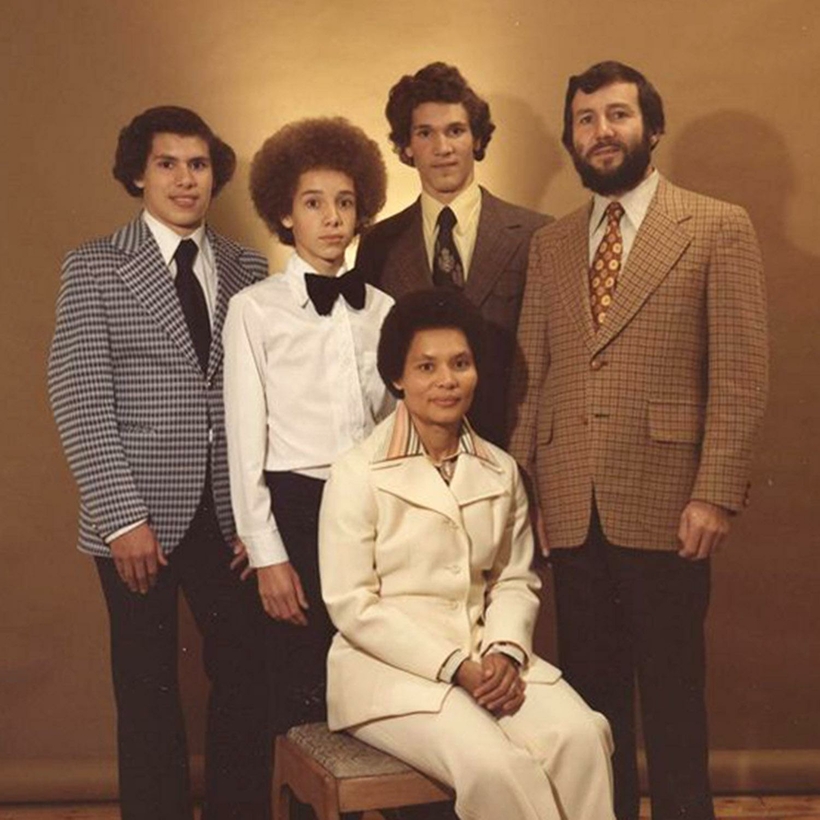There aren’t many things likely to distract you during a conversation with Malcolm Gladwell: the author is a veritable blizzard of curious facts, surprising anecdotes and flailing arms. But I find myself distracted nonetheless, because on the wall of his office in Hudson, New York, is a giant picture of Chairman Mao. Dressed in his signature gray suit and gently smirking, the murderous dictator hovers menacingly over the 57-year-old’s right shoulder.
Gladwell finds the poster hilarious, explaining that he bought it at a garage sale 15 years ago and rediscovered it in a cupboard recently. “I thought how fun it would be, while transacting business at my desk, to have Mao visible over my shoulder,” he explains. “The idea of having this truly despicable tyrant reminding me of the importance of being human while I work — I thought that was good.” There’s Gladwell for you: quirky, offbeat and a master of surprise.

